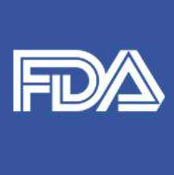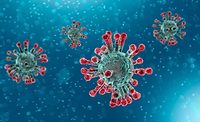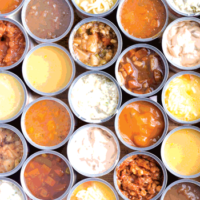As a follow up to the outbreak of Salmonella related to Lactalis,[1] many on social networks raised the question how come there was no whistleblower at this company. The problem is that psychological harassment and unfair dismissal threaten those who may dare to protest against negligence. Psychological harassment is used to retaliate against whistleblowers, but it also impacts the work of employees, their health and the safety of products in multiple ways.
On Sunday January 7, 2018, on the occasion of the Golden Globes, the celebrities of the film industry were wearing black to demonstrate against ongoing sexual harassment and show solidarity with victims.
Some cases of harassment took place many years ago, and the victims remained silent. Some victims accepted the harassment and allowed it to happen to advance their careers. Nevertheless, it is admirable that the film industry is now mobilized to purge the system and to bring some degree of morality to their practices.
In contrast, in the food industry, no one objects to ongoing harassment, whether it is for sexual reasons, jealousy, discrimination, retaliation or silencing whistleblowers; neither colleagues nor the professional associations or authorities show solidarity with the victims or express any interest in putting a stop to such practices.
The pernicious impact of moral harassment on victims and their lives is extensive and profound, and sometimes it is irreversible. The consequences of such management practices in society ought to be of public concern. In the food industry, or other industries such as pharmaceutical, transport, chemical, etc., such occurrences will impact the safety of consumer goods and the environment, as well as the health and well-being of staff.
I think the food industry and other business sectors should learn from the film industry and put an end to these practices that can ruin one’s life. The ball is in the court of the leaders and senior management, in other words, the celebrities of the food sector.
Yasmine Motarjemi, Ph.D., holds a doctoral degree in food engineering from the University of Lund, Sweden. In 1990, she joined the World Health Organization in Geneva as a senior scientist. From 2000 to 2011, she held the position of assistant vice president in Nestlé and worked as the company’s corporate food safety manager.
Reference
1. Baby formula was pulled from shelves around the world after French authorities ordered dairy company Lactalis to stop selling hundreds of products because of concerns about food safety. The formula was destined for markets including China, Greece, Pakistan and Peru; 26 infants fell ill with Salmonella poisoning in France.
The Era of Whistleblowing Has Arrived




